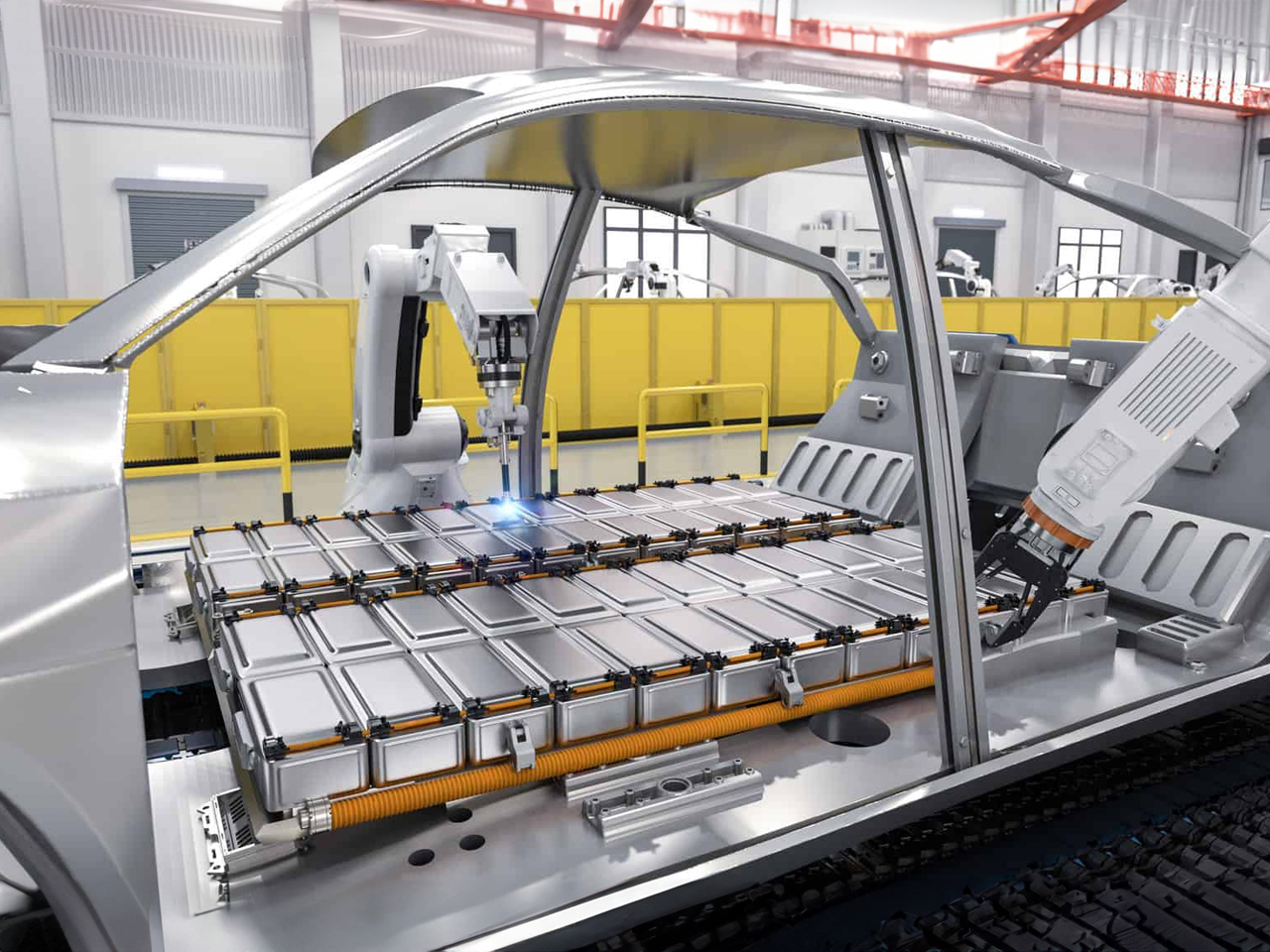The Future of EV Batteries: Innovations and Sustainability Challenges
The Future of EV Batteries: Innovations and Sustainability Challenges
Published On Feb 4, 2025 01:30:02 PMElectric Vehicles (EVs) are at the forefront of the global transition to clean mobility, and battery technology is the key driver of this revolution. As India pushes for faster EV adoption, advancements in battery technology will determine affordability, efficiency, and sustainability. However, challenges like high costs, raw material scarcity, and recycling concerns persist. In this article, we explore the latest innovations in EV batteries and the sustainability challenges India faces in scaling up its EV ecosystem.
Latest Innovations in EV Batteries
1. Solid-State Batteries (SSB): The Next Big Leap
-
Solid-state batteries replace liquid electrolytes with solid materials, making them safer and more energy-dense.
-
Global players like Toyota, Samsung SDI, and QuantumScape are leading research in this area.
-
India’s Scope: Indian startups and institutions, like IIT-Madras, are working on indigenous solid-state battery tech, which could improve EV range and charging speed significantly.
2. Lithium-Iron-Phosphate (LFP) Batteries: Cost-Effective and Durable
-
LFP batteries, used in Tata Nexon EV and Ola S1 Pro, offer better life cycles and thermal stability.
-
Unlike traditional lithium-ion batteries, they do not require expensive cobalt and nickel, making them cost-effective.
3. Sodium-Ion Batteries: The Alternative to Lithium
-
Sodium-ion batteries, developed by CATL and Faradion, are gaining traction due to the abundant availability of sodium.
-
India’s Role: Reliance New Energy Solar has acquired Faradion, indicating India's potential to lead in sodium-ion battery production.
4. Silicon and Graphene Anodes: Enhancing Energy Density
-
Silicon-based anodes can store more energy than conventional graphite, increasing battery efficiency.
-
Indian Startups like Log9 Materials are exploring graphene-based innovations to enhance charging speed and battery life.
5. Battery Swapping and Ultra-Fast Charging Technologies
-
Companies like Sun Mobility and Gogoro are pioneering battery-swapping stations in India.
-
Ola Electric and Tata Power are expanding ultra-fast charging networks to reduce charging time and improve user convenience.
Sustainability Challenges in Battery Adoption
Despite rapid advancements, the Indian EV battery industry faces multiple hurdles:
1. Dependence on Imported Lithium
-
India currently imports over 70% of its lithium from China and South America.
-
Recent lithium discoveries in Jammu & Kashmir (5.9 million tonnes) could reduce dependency but require time for commercial extraction.
-
India’s Scope: Indian startups and institutions, like IIT-Madras, are working on indigenous solid-state battery tech, which could improve EV range and charging speed significantly.
2. Battery Recycling and E-Waste Management
-
India currently imports over 70% of its lithium from China and South America.
-
The lack of a robust battery recycling infrastructure poses environmental risks.
-
Companies like Attero Recycling and LOHUM are working on battery reuse and raw material recovery.
3. High Costs and Affordability Issues
-
EV battery packs constitute 40-50% of a vehicle’s cost.
-
The government’s PLI scheme for Advanced Chemistry Cell (ACC) manufacturing (₹18,100 crore) aims to reduce costs and boost local production.
4. Lack of Charging Infrastructure
-
India currently has less than 10,000 public charging stations, compared to over 1 million in China.
-
Private sector participation and renewable energy-based charging solutions are essential for scalability.

5. Thermal Management in Hot Climates
-
India’s extreme heat affects battery efficiency and lifespan.
-
Indigenous R&D is crucial to develop heat-resistant and long-lasting battery technologies.
The Road Ahead: India’s Role in the Global Battery Market
-
Local Gigafactories: Companies like Reliance, Ola, and Tata Chemicals are setting up gigafactories for battery cell manufacturing.
-
Government Incentives: The FAME II and Battery Waste Management Rules 2022 encourage battery standardization and eco-friendly disposal.
-
EV Penetration Goals: India aims for 30% EV adoption by 2030, requiring massive investments in R&D, infrastructure, and battery innovation.
Conclusion
India's EV future hinges on robust battery technology. While global innovations in solid-state, sodium-ion, and graphene-based batteries are shaping the industry, India must scale domestic manufacturing, improve recycling, and invest in R&D. With the right policies and private-sector collaboration, India can emerge as a global leader in EV battery technology, ensuring sustainable and affordable EV adoption.
The future is electrifying—Will India lead the charge?
Popular Articles:
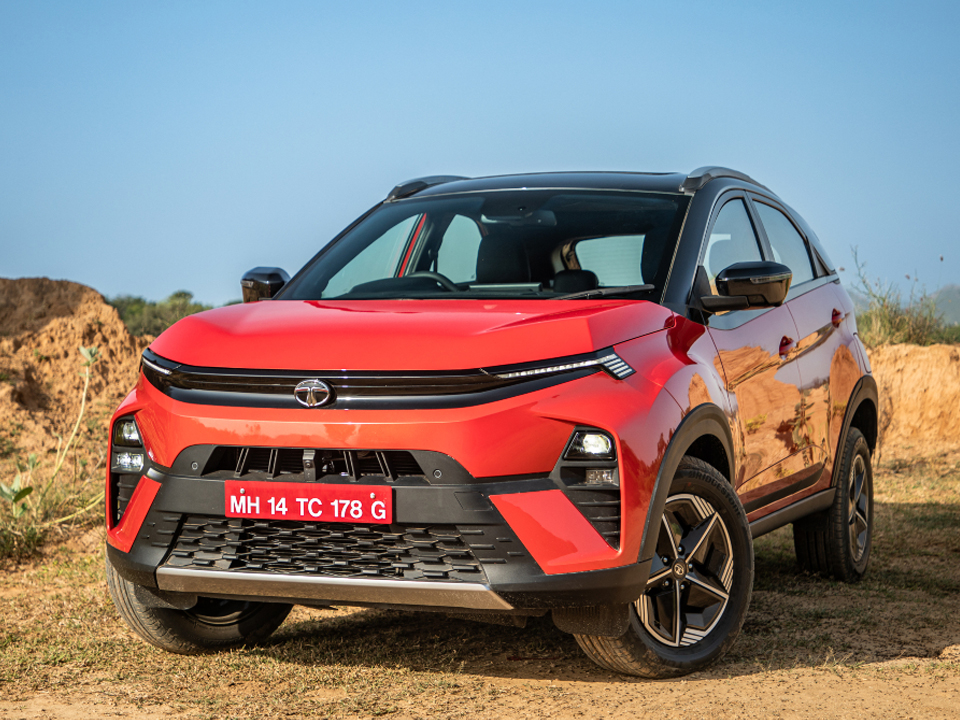 45k+ Views
45k+ Views
Tata Nexon
The Tata Nexon is one of India's most popular compact SUVs, known for its bold design etc...
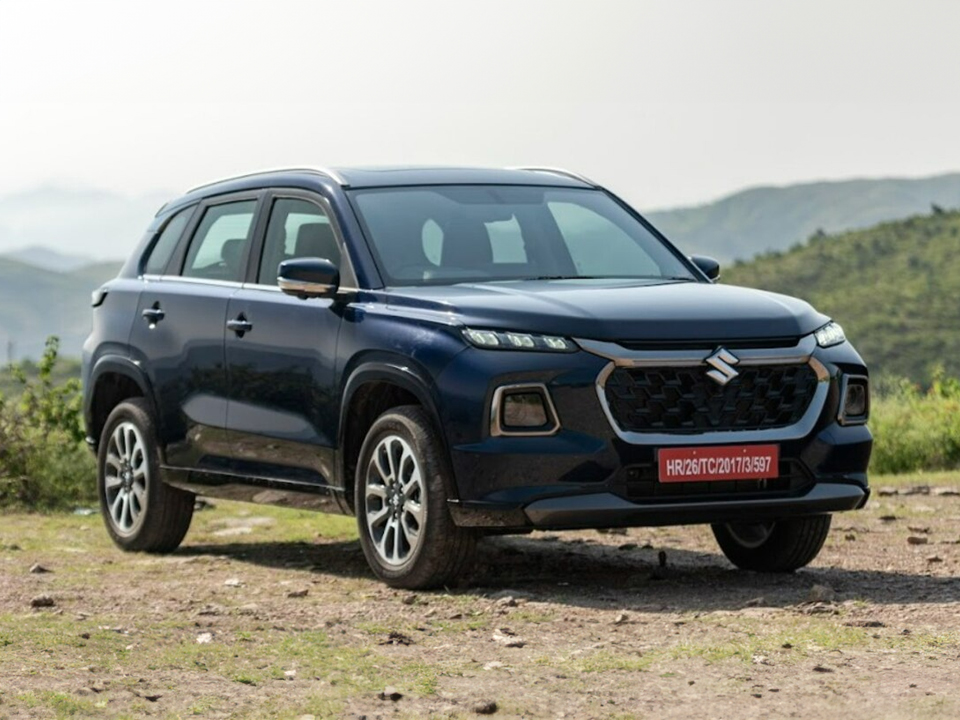 45k+ Views
45k+ Views
Maruti Suzuki Grand Vitara
The Maruti Suzuki Grand Vitara is a game-changer in the mid-size SUV segment, etc...
 45k+ Views
45k+ Views
Mercedes-Benz G-Class
The Mercedes-Benz G-Class, also known as the G-Wagon, is an iconic SUV etc...
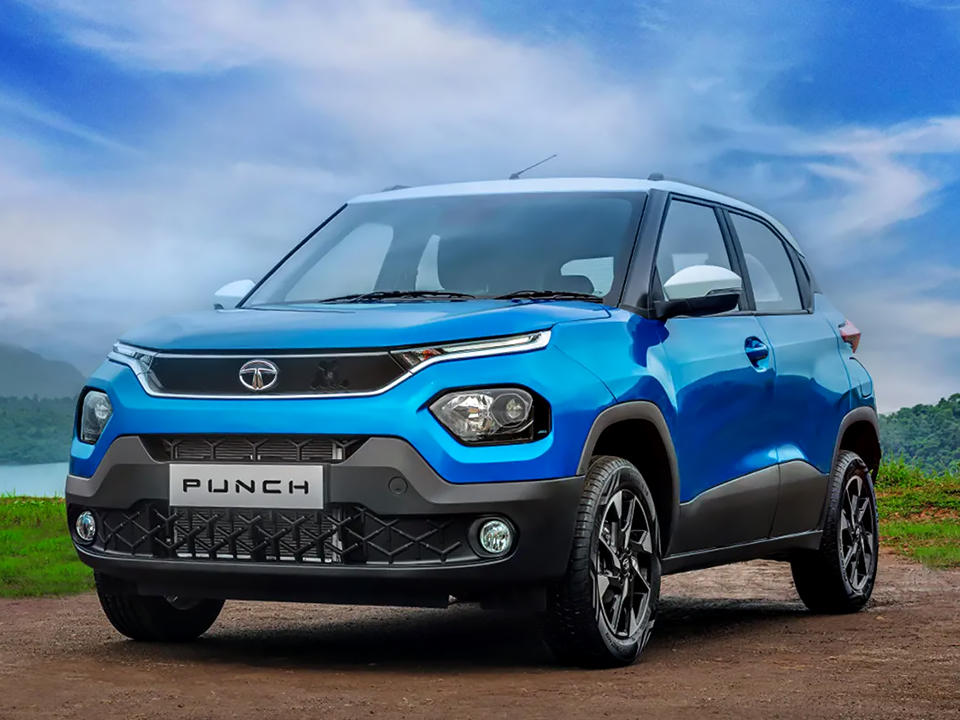 45k+ Views
45k+ Views
Tata Punch
The Tata Punch has revolutionized the compact SUV segment in India, offering a perfect mix of affordability etc...
Popular Articles:
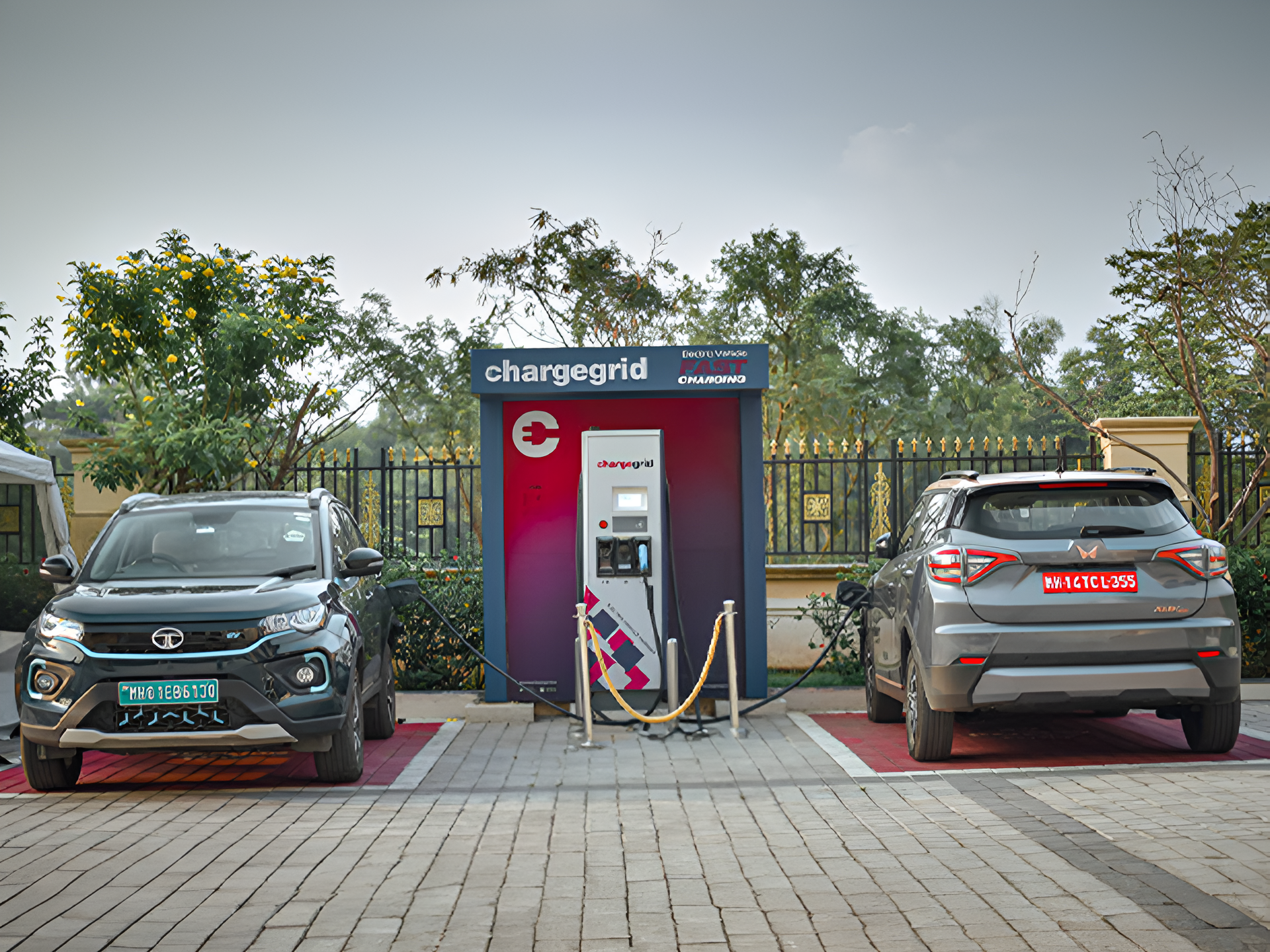
India is Pushing EV Adoption
India is the Faster Adoption and Manufacturing of Hybrid and Electric Vehicles (FAME) scheme.
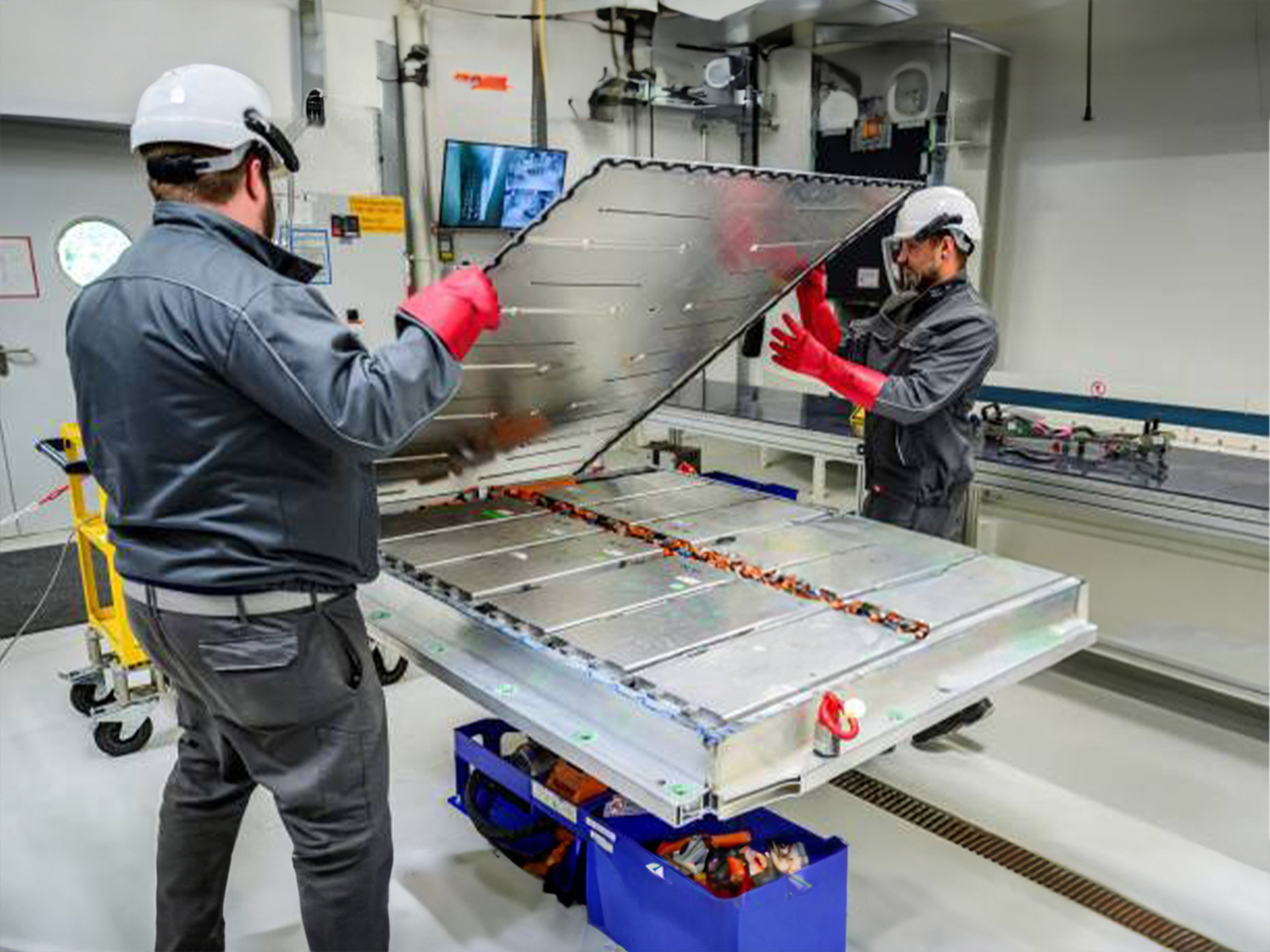
The EV Battery Recycling Problem
As India accelerates its transition to electric vehicles (EVs), a major challenge looms—battery
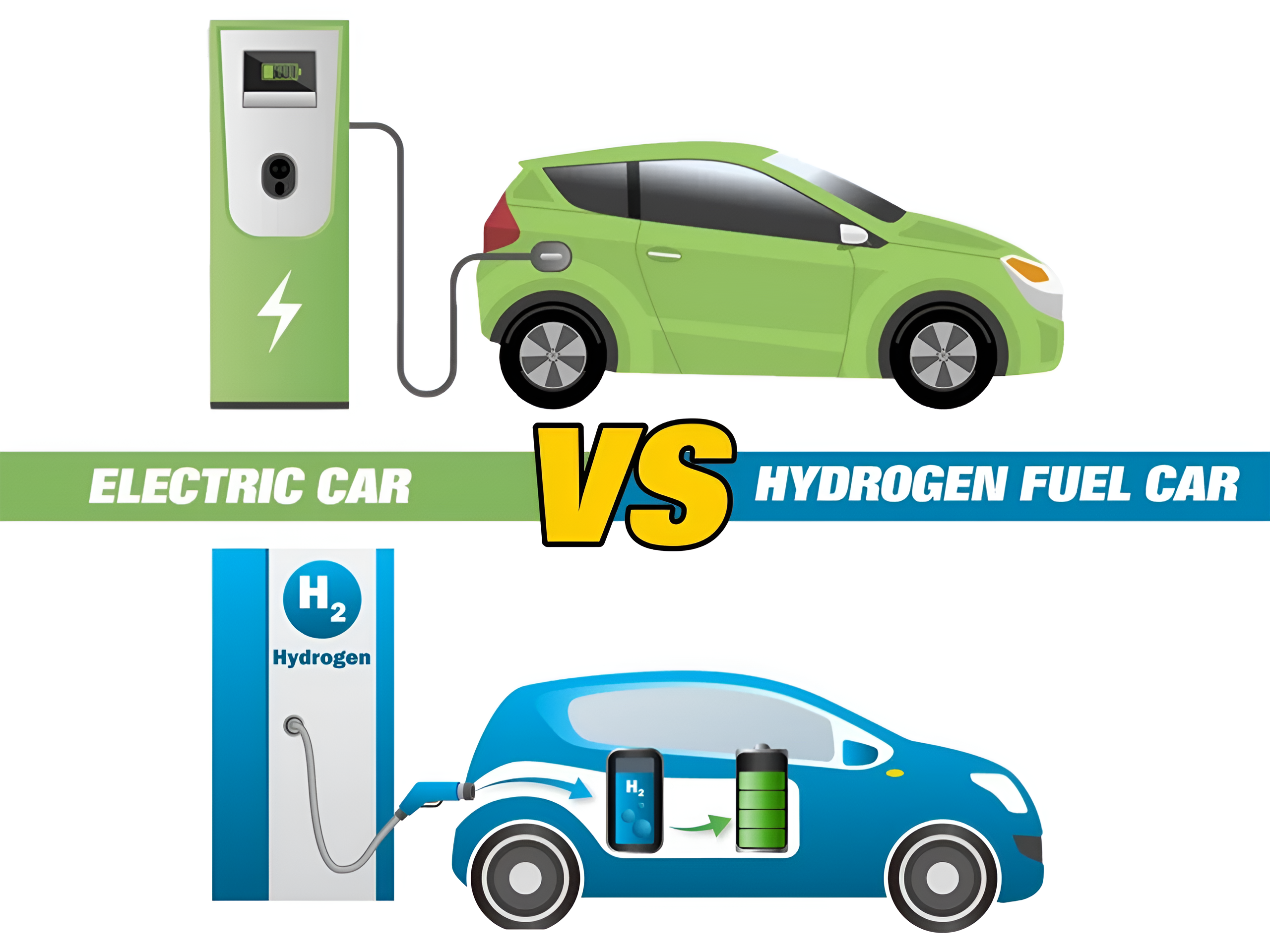
Hydrogen vs Electric
India is at a crucial juncture in its transition to sustainable transportation.
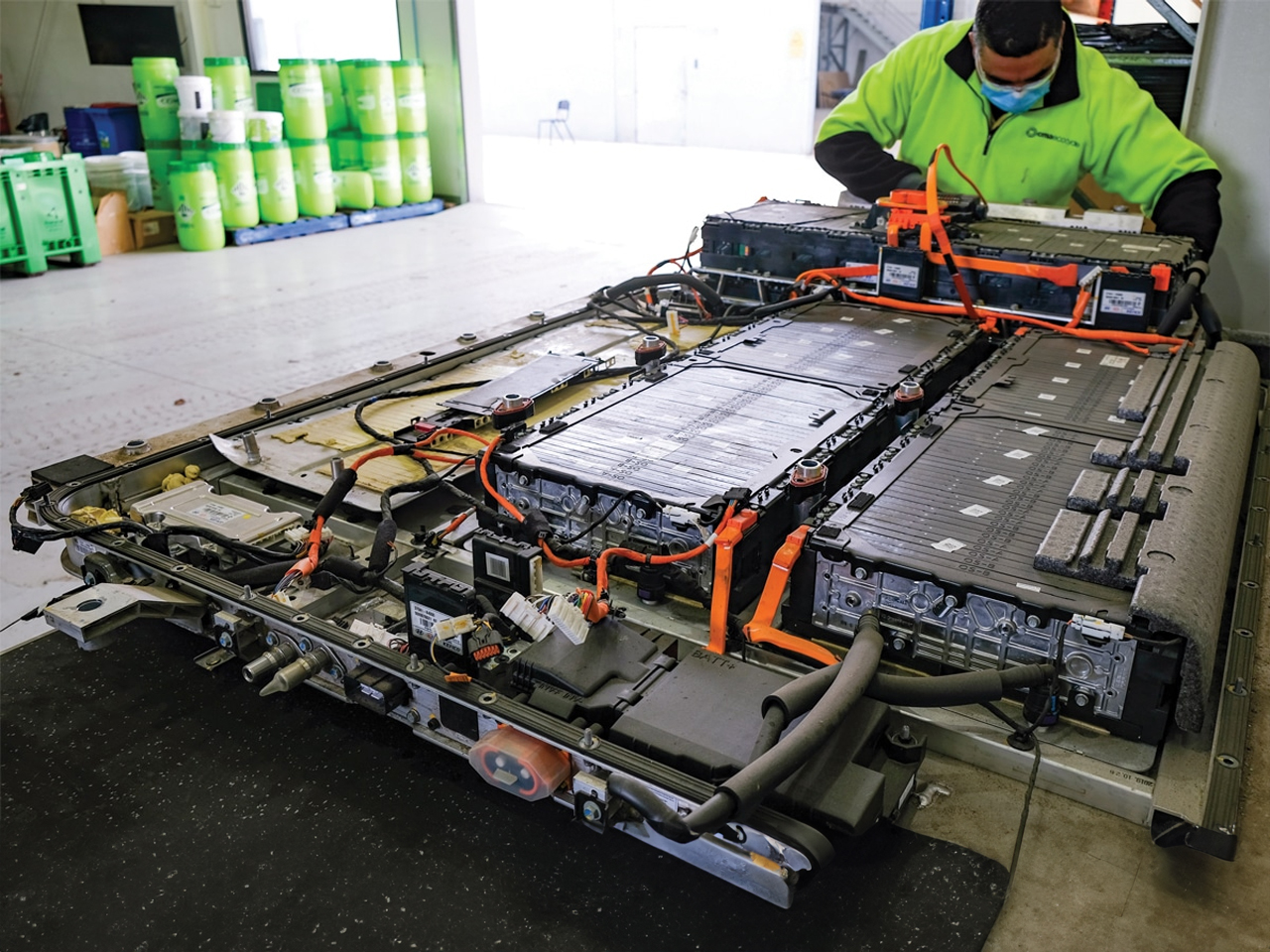
The Future of EV Batteries
Electric Vehicles (EVs) are at the forefront of the global transition to clean mobility
